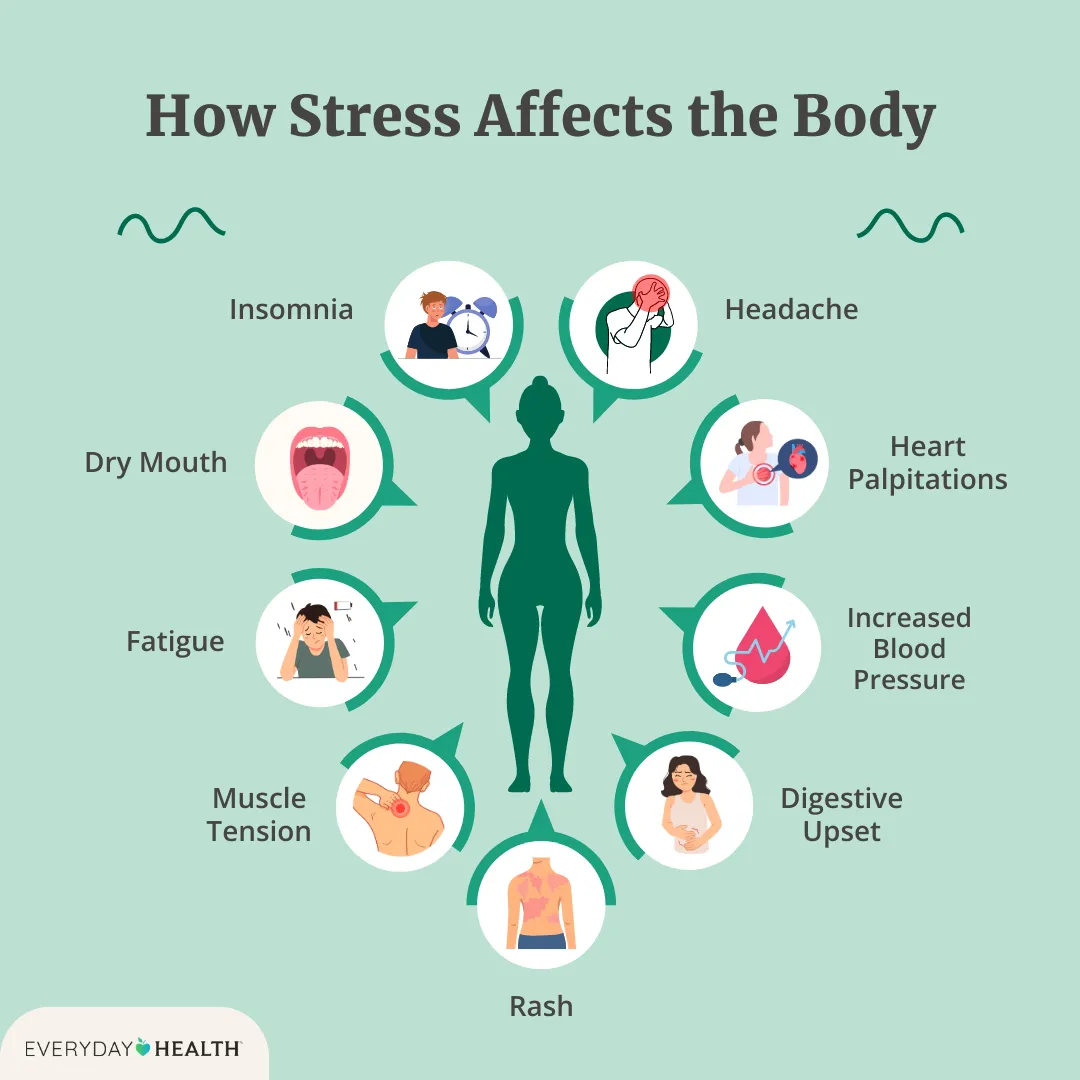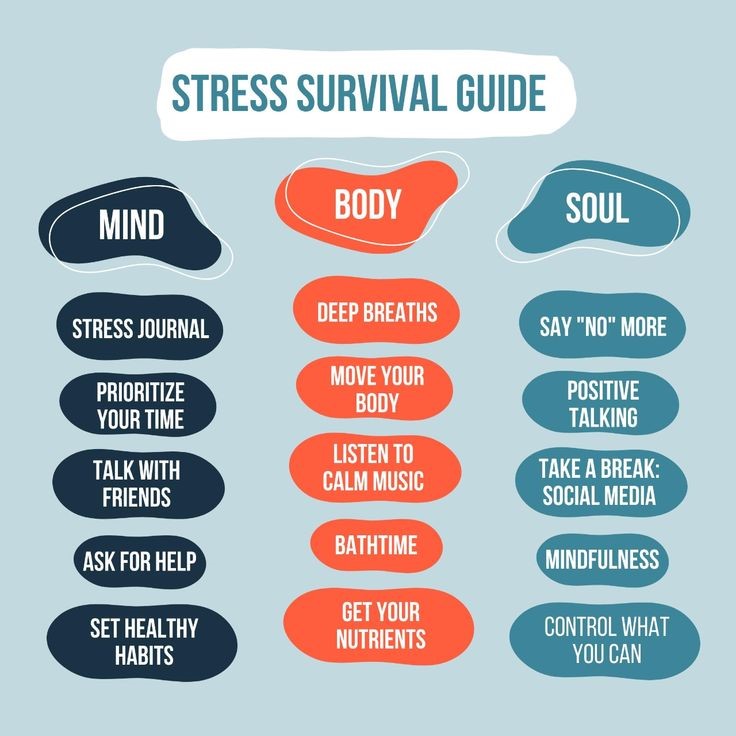Do You Know How to Manage Your Stress?

Stress is a part of our everyday life. We can experience good stress (such as getting married or beginning a new job) or bad stress, such as financial difficulties or high job pressures.
Human beings are designed to respond and react to stress as a survival strategy. Our bodies naturally respond to stress by releasing cortisol and adrenaline and creating a "fight, flight" or "freeze" response.
This reaction was helpful thousands of years ago in life-threatening situations, like facing a wild animal. But today, that same response isn’t always helpful. For example, if you're stressed at work, reacting with aggression or shutting down might only make things worse.
We know that NOT dealing with stress is dangerous as it can create a variety of health and psychological issues. The harmful effects of continued stress can be linked to headaches, heart disease, stomach problems, insomnia, depression, and many other health-related challenges. How can we effectively deal with daily stressors in our lives?

1. Find the Source of Your Stress
Start by figuring out what’s causing your stress. Is it related to work, a relationship, your health, or something else?
Sometimes stress isn’t about one specific issue—it can be a combination of things. Recognizing the root causes can help you take the first step toward managing it more effectively.
For example, you might feel stressed because of tension with a family member, even when you're not actively talking to them. Simply being aware of that emotional weight—and shifting your perspective—can help reduce its impact.
2. Show Your Emotions in Positive Ways
Bottling up your emotions can cause stress to build over time. Instead, try expressing your feelings in a healthy, constructive way. This could be talking to someone you trust, journaling, or engaging in creative activities.
Sometimes, we can’t control the stressful situation, but we can control our response. That sense of control can make a big difference in how we cope.
3. Take Care of Your Physical, Emotional, and Spiritual Health
Self-care isn’t a luxury - it’s essential. Build a "stress relief toolbox" filled with activities that bring you joy and peace. That might include:
● Going for a walk
● Practicing meditation, prayer, or deep breathing
● Listening to music
● Enjoying a cup of tea while watching the sky
● Engaging in a hobby you love
Physical exercise is one of the best ways to manage stress. Exercise releases feel-good hormones and helps your body process stress. Even a quick walk at lunch can make a big difference.
Also, watch what you’re putting into your body. Try to limit caffeine, alcohol, and refined sugars, especially during stressful periods. Try to eat balanced, nutritious meals and drink plenty of water to support your body’s natural stress response.
Sleep is another key factor. Stress can make it hard to fall asleep or stay asleep. Establishing a calming bedtime routine can help. Try winding down with a warm bath, herbal tea, reading, or gentle stretches before bed.

4. Talk to someone
If you find that you are having challenges with stress and feel that you aren't coping well, talk to a trusted colleague or friend, or see a trained therapist. Developing healthy strategies for coping with stressors in your life can assist you in reducing long-term health risks, create a more balanced and happier life, and give you power and control in your life.
Counselling can be especially helpful when stress starts to affect your day-to-day life. In fact, stress is one of the most common reasons people seek support from our therapists.
A trained therapist can help you explore what’s causing your stress, understand how it’s affecting you, and work with you to find tools and strategies that fit your unique situation.
Seeing a therapist doesn’t mean something is “wrong” - it simply means you’re taking care of your mental health, just like you would your physical health. We all need support sometimes, and talking to a trained professional can make a real difference.
5. Reflect
Although stress can be a challenge, it can also be positive. Ask yourself:
- What was I supposed to learn from this situation?
- Do I need to make some changes in my life?
- How can I be better at handling this in the future?
- What do I need to change to be more effective with people or challenges?
We can't get rid of stress, we can only change our response, the way we take care of ourselves, and our thoughts about the situation.
Which strategy will you try?
